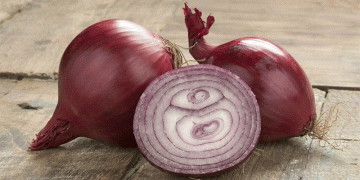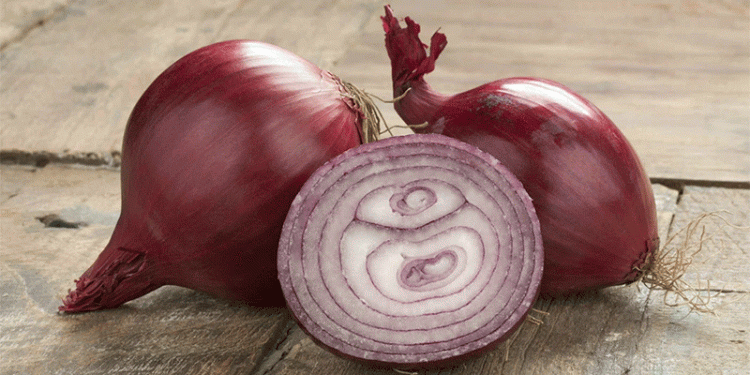Recent data from Switzerland’s Federal Customs Administration (BAZG) reveals a concerning trend: onion and shallot imports have surged in recent years. While demand remains strong, domestic production is faltering due to two major challenges—harsher weather conditions and the loss of critical pesticides.
Why Are Swiss Farmers Struggling?
- Climate Extremes – Unpredictable weather, including excessive rain and droughts, has damaged onion yields.
- Pesticide Restrictions – The phase-out of key crop protection chemicals, particularly against downy mildew (Peronospora destructor), has left farmers vulnerable.
- The Swiss Vegetable Producers Association (VSGP) reports that emergency pesticide permits have been needed just to salvage harvests.
- Without effective treatments, fungal diseases can wipe out 50-70% of yields (European Plant Protection Organization, 2023).
The Import Surge: What the Numbers Say
- Switzerland’s onion imports rose by 18% from 2020 to 2023 (BAZG).
- The Netherlands, France, and Germany now supply over 60% of Switzerland’s onions, reducing self-sufficiency.
- Similar trends are seen in the EU, where pesticide bans have increased reliance on imports from Egypt and India (Eurostat, 2024).
What Can Be Done?
- Alternative Pest Control – Biopesticides and resistant onion varieties are being tested, but adoption is slow.
- Policy Adjustments – Farmers urge regulators to fast-track emergency approvals when diseases threaten crops.
- Precision Agriculture – Better soil and weather monitoring could help mitigate climate risks.
A Wake-Up Call for Swiss Agriculture
Switzerland’s rising onion imports highlight a broader issue—balancing sustainability with food security. While reducing pesticides is a noble goal, the sudden loss of crop protection tools risks outsourcing production to countries with weaker environmental standards. To protect local farming, Switzerland must invest in resilient agriculture, smarter regulations, and farmer support programs.































